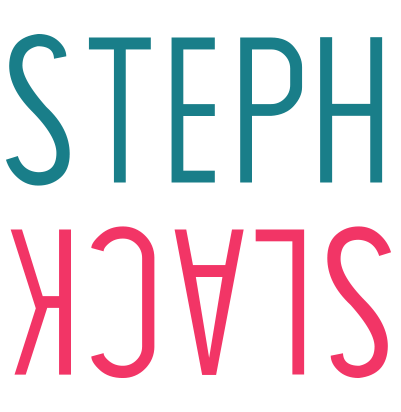The Gen Y Series: Laurence Woollard
Gen Y get a lot of stick – we’re entitled, demanding and all about the selfies. We want more for less (more money, more status, more recognition, more fun) or so the countless articles slamming us and our Baby Boomer parents say. I disagree. The Gen Y I know do want more from life. But they want more purpose, more passion and more social change. And I’m on a mission to shine a spotlight on the twenty to thirty somethings that are making this awesomeness happen.
So let’s get started. Laurence Woollard is a volunteer for the Haemophilia Society and Youth Trainee at the European Patients’ Forum where he represents and advocates for the needs of young patients living with chronic conditions. He’s passionate about improving the lives of those suffering from bleeding conditions.
Name: Laurence Woollard Role: Youth Trainee Organisation: European Patients’ Forum (EPF)
- What are you responsible for delivering at the EPF?
I support the Programme Manager with the delivery of EPF’s youth initiatives, which represent and voice the needs of young people with chronic conditions to EPF and the wider community. We do this through publishing research and papers that advocate for new treatments and therapies in response to young patients’ views. We also bring the voice of young patients to the forefront of the EPF’s strategy through various workshops and meetings which unpack the issues most important to them and ensure we can fully represent their needs to the EPF. Another element of our work is around collaborating with other European bodies to tackle discrimination against young people with chronic conditions.
- Tell us what a typical day involves.
The nice part about working for an NGO like the EPF is that there’s no such thing as a typical day! My work varies greatly. To give you an example, today I’ve been finishing up a report on stigma and discrimination in the workplace for young people with chronic conditions. In the afternoon, I attended a roundtable at the European Parliament on Hepatitis C and Haemophilia hosted by the European Haemophilia Consortium.
- What excites you most about your job? (what's the best bit!)
Being at the centre of patient advocacy in Europe and representing all young people with chronic conditions. Seeing what’s happening across Europe and being a part of a body that pushes the patient to the forefront of key medical decisions is incredibly exciting. Particularly, being able to bring the voices of young people, and our future, into the room with decision makers.
- What's next for the project?
For the Youth Group, we have our annual meeting from 24th-25th September in Utrecht, Netherlands and are establishing our plans for 2017, which will link with EPF’s key themes of access and discrimination.
- How did you get to where you are now?
I’ve been a Youth Ambassador with the Haemophilia Society since late 2014. I participated in a Youth Leadership workshop in Rome with the European Haemophilia Consortium, who are a member of the European Patients’ Forum. One thing led to another and I was contacted by the President of the EPF Youth Group, who said they are looking for a patient advocate to work in the office on a short-term basis. It was an opportunity I couldn’t pass up!
- How can people get involved with what you're doing?
Become a volunteer at local and national level. This is like “planting the seed.” You must have passion, dedication and enthusiasm for the organisation’s causes. As you grow in your ability as a patient advocate, you may wish to transfer your involvement from advocacy on behalf of loved-ones to advocacy on a larger scale.
- What advice would you give to people who might want to do something similar as a career?
As I’m still carving a career for myself, maybe it’s hypocritical for me to say. However, all I would suggest is that you have to be motivated for the cause, whatever that may be. Haemophilia is very personal to me and I’m very driven to raise awareness of those living with the condition and other inherited bleeding disorders.
- What have been your biggest challenges (at work and personally)?
At work: Coordinating the delivery of a workshop on young patients accessing employment at the European Youth Event in Strasbourg, including all operational practicalities for a group of nine young people with chronic conditions.
Personally: Learning how the “Euro bubble” ticks and making sure I take every opportunity that’s presented to me.
- What’s helped you most to deal with these challenges?
Leaning on family, friends and colleagues for support.
- If you had to pick one, what's the one issue / problem you most wish you could solve?
Finding a cure for Haemophilia (and all related bleeding disorders!)
- If you had a million dollars, what would you do with it?
Split a percentage amongst my family and donate the rest to the Haemophilia Society in the UK.
- Ideal holiday destination:
A rich history and diverse culture, a blissful climate and stunning beaches! A great nightlife would be a bonus.
- What you're listening to right now:
City and Colour – The Hurry and the Harm
- Best piece of advice you've been given:
Never regret a thing, for at the time it was just what you wanted.
IMAGE: European Haempohilia Consortium

